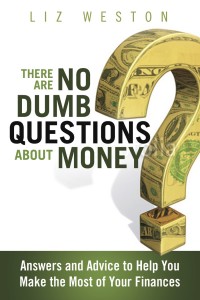Dear Liz: My former employer is offering the one-time opportunity to receive the value of my pension benefit as a lump-sum payment. The other option is to leave the money where it is and get a guaranteed monthly check from a single life annuity when I reach retirement age. I am 40 and single, and I have been investing regularly in a 401(k) since graduating from college. I have minimal debt aside from a car payment. When does it make financial sense to take a lump sum now instead of an annuity check later?
Answer: Theoretically, you often could do better taking a lump sum and investing it rather than waiting for a payoff in retirement. That assumes that you invest wisely, that the markets cooperate, that you don’t pay too much in investing expenses and that you don’t do anything foolish, like raid the funds early.
That’s assuming a lot. Another factor to consider is that the annuity is designed to continue until you die. It’s a kind of “longevity insurance” that can help you pay your bills if you live a long life.
Some financial advisors will encourage you to take the lump sum, since they may be paid more if you invest it with them. Consider consulting instead a fee-only financial planner who charges by the hour — in other words, someone who doesn’t have a dog in this particular fight. The planner can walk you through the math of comparing a lump sum to a later annuity and help you understand the consequences of both paths. This is a big enough decision that it’s worth paying a few hundred bucks to get some expert advice.
